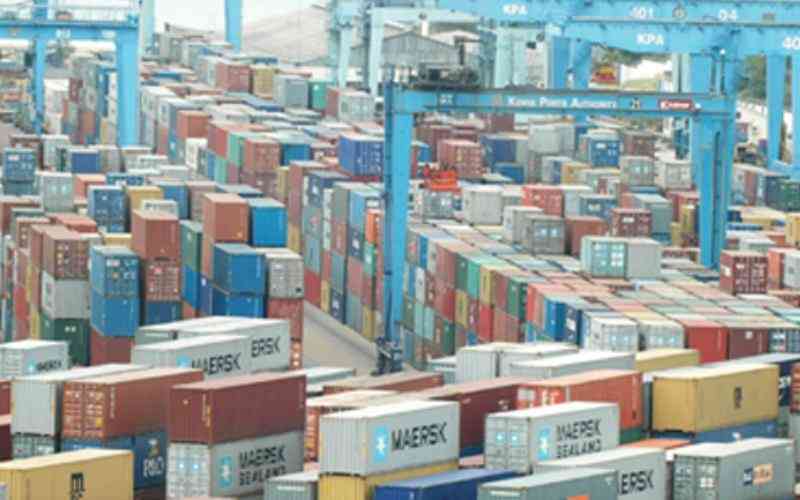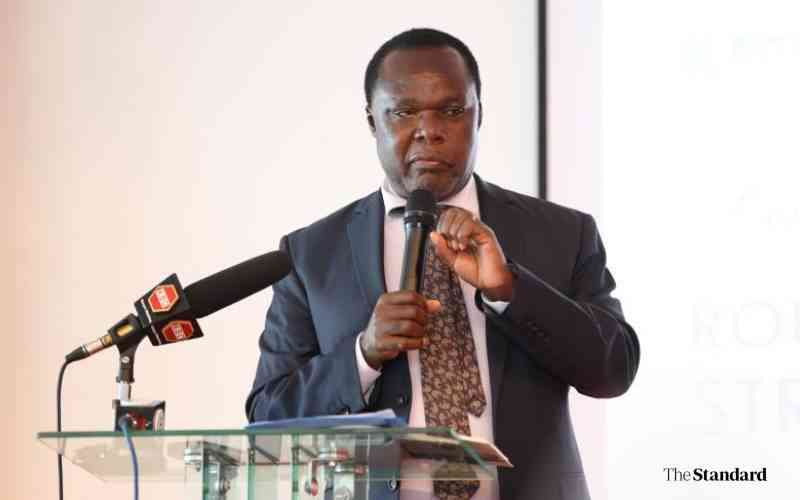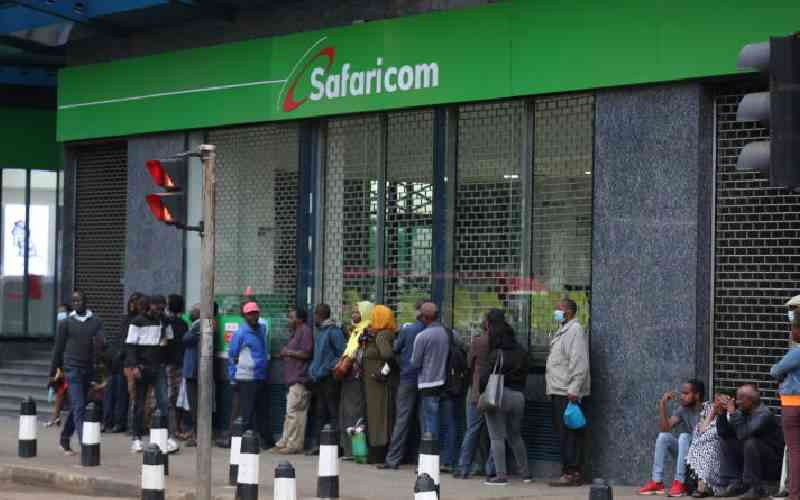×
The Standard e-Paper
Kenya’s Boldest Voice

After a four-month process of phasing out the old Sh1,000 currency notes, Central Bank of Kenya (CBK) Governor Patrick Njoroge on October 1, 2019 invited detectives to examine some 3,172 suspicious bank deposits.
This was not the news journalists expected from the no-nonsense CBK boss at his highly anticipated press briefing.







